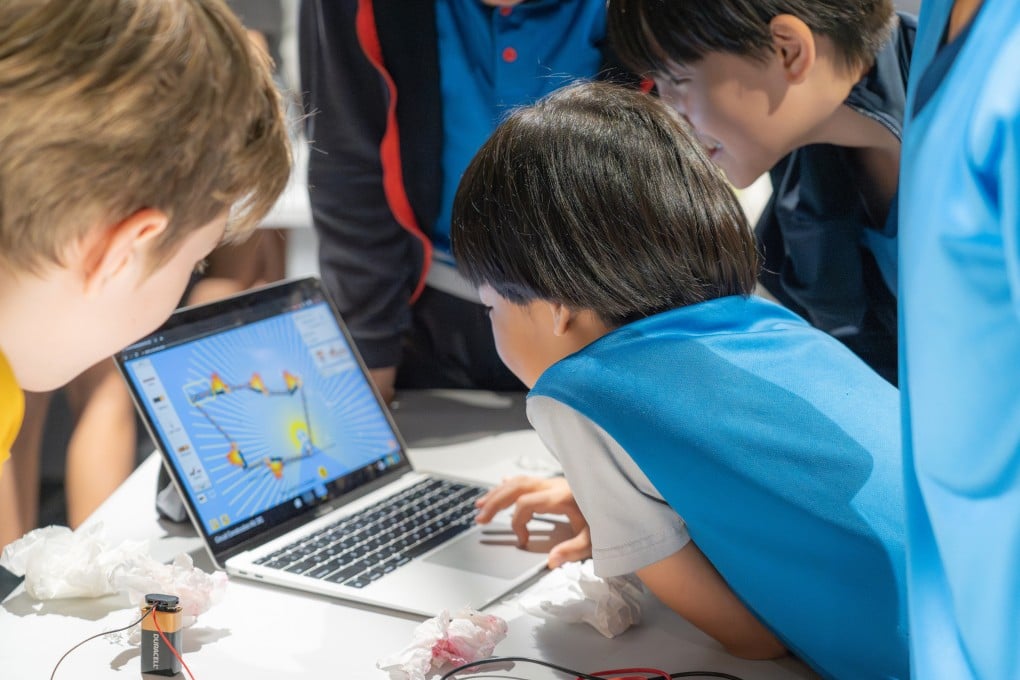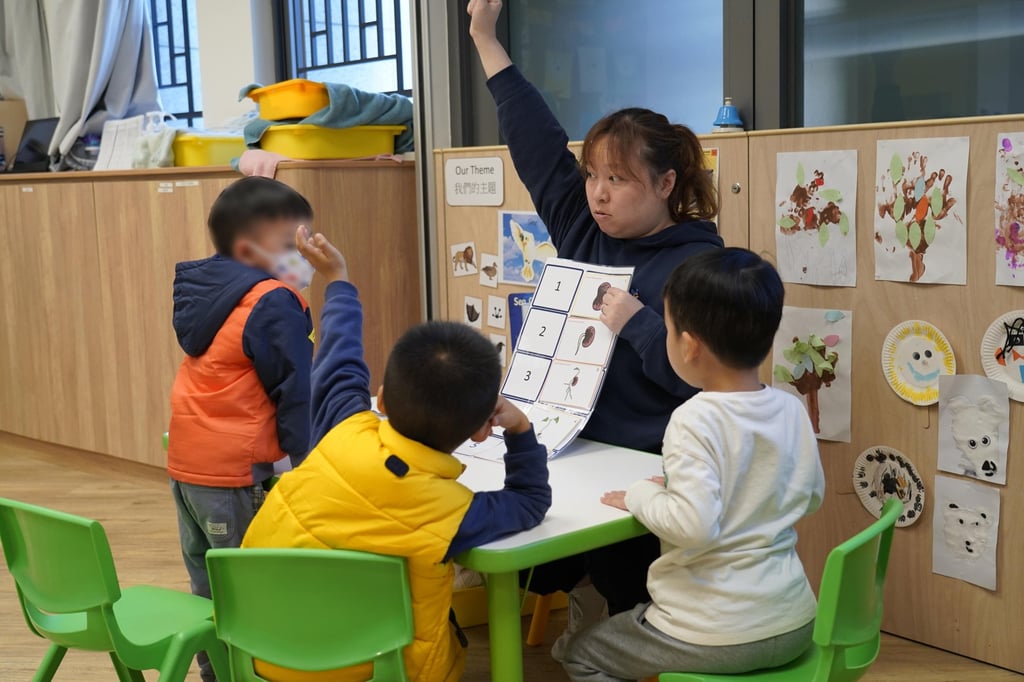Support for special education needs has improved in Hong Kong schools, but more has to be done
As demand for special education support grows, schools, parents and professionals are calling for more resources and support

All students require some level of support to maximise their potential and this is no less true for students with special educational needs (SEN). However, the type and amount of assistance SEN students require can differ substantially, which is why schools offering specialised and personalised services are essential.
A recent survey by the Hong Kong Christian Service found that there are nearly 60,000 SEN students in the city, a figure that has doubled in the last 10 years. The Education Bureau reports that in the 2023/2024 school year there were 63 government-backed special needs schools serving 8,818 students, in addition to nine mainstream private schools with dedicated classes. These figures don’t include private and international schools offering varying levels of SEN assistance.
“In Hong Kong, schools have made tremendous progress in serving students with SEN,” says Dr Jadis Blurton, head of school at The Harbour School. “Until quite recently, few schools even accepted or attempted to address special education needs, while now many schools are creating more opportunities for these students. However, there’s still a long way to go.”
What are special educational needs?
Students with SEN can experience various difficulties that make learning in a traditional environment a struggle. Dr Yvonne Becher, chief executive of The Child Development Centre (CDC), which specialises in early education, therapy and assessment for children with SEN, noted that there are four broad areas in which children with SEN may face learning challenges: academic, social, intellectual and attention-related. A fifth category covers physical impairments, such as issues with sight or hearing, which can also present a problem. Depending on the specific type of SEN they are dealing with, children can encounter issues with reading and writing, socialising or staying focused, for example.
Schools offering dedicated SEN services provide invaluable resources for students who may require extra help to learn effectively. Without these, a child’s academic and social development can be hampered, resulting in anxiety, frustration or disengagement. When not addressed effectively, these, in turn, can manifest in a range of “problematic” behaviours, such as truancy, disruptiveness and violence.
“Students are affected emotionally, socially and academically, if they aren’t supported at the place where they spend over six hours a day,” Blurton explains. “We need to be aware that the impact of school may halt progress and haunt motivation and self-confidence for the rest of a student’s life.” It is imperative that SEN are identified early and a plan is put in place to assist.

Supporting SEN students
Identifying that there may be an issue is often the first hurdle as sometimes a child may have mild disabilities that are difficult to recognise. Careful observation by parents and teachers can be helpful in these cases, while external specialists can provide professional insights and suggestions.